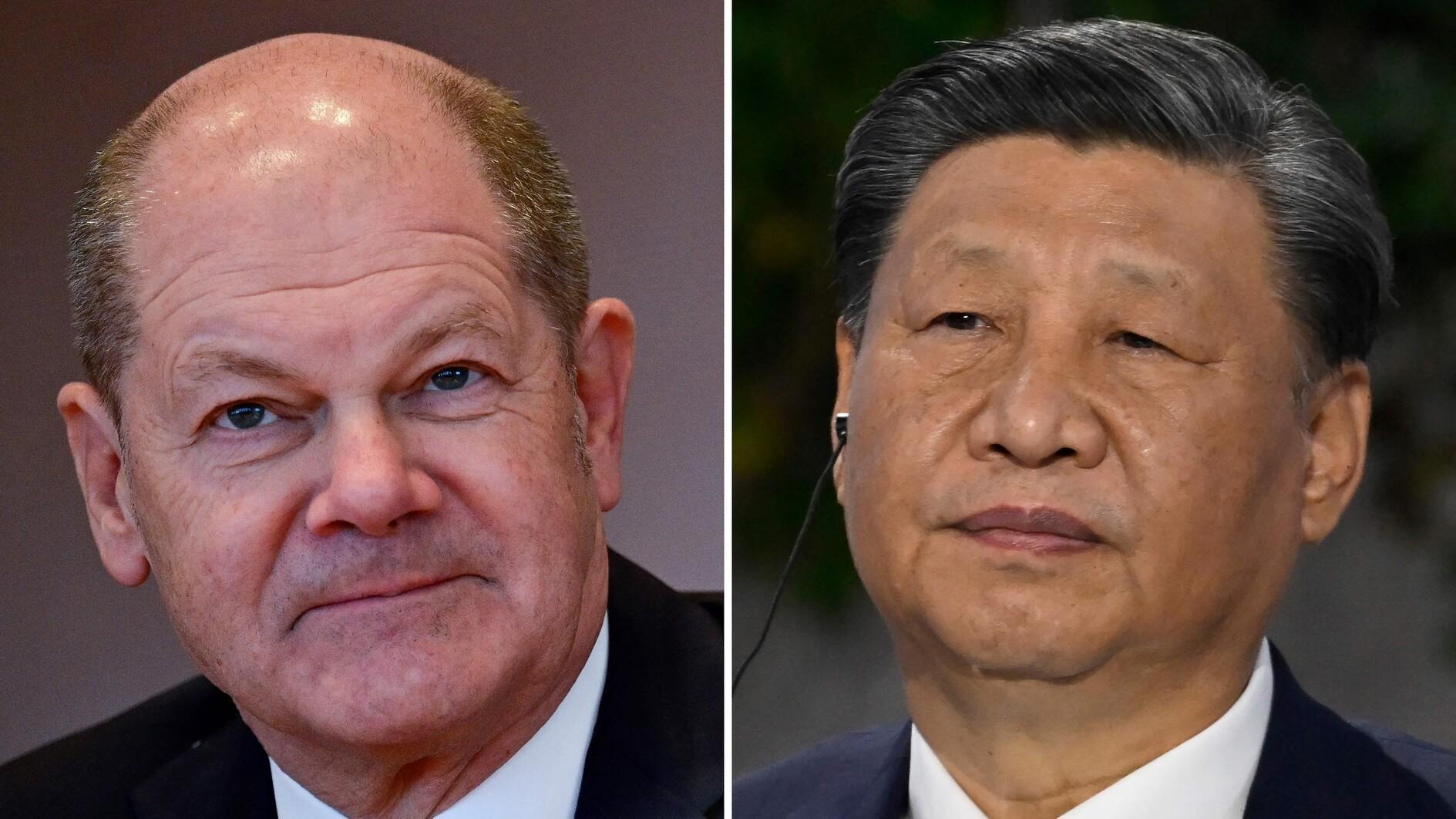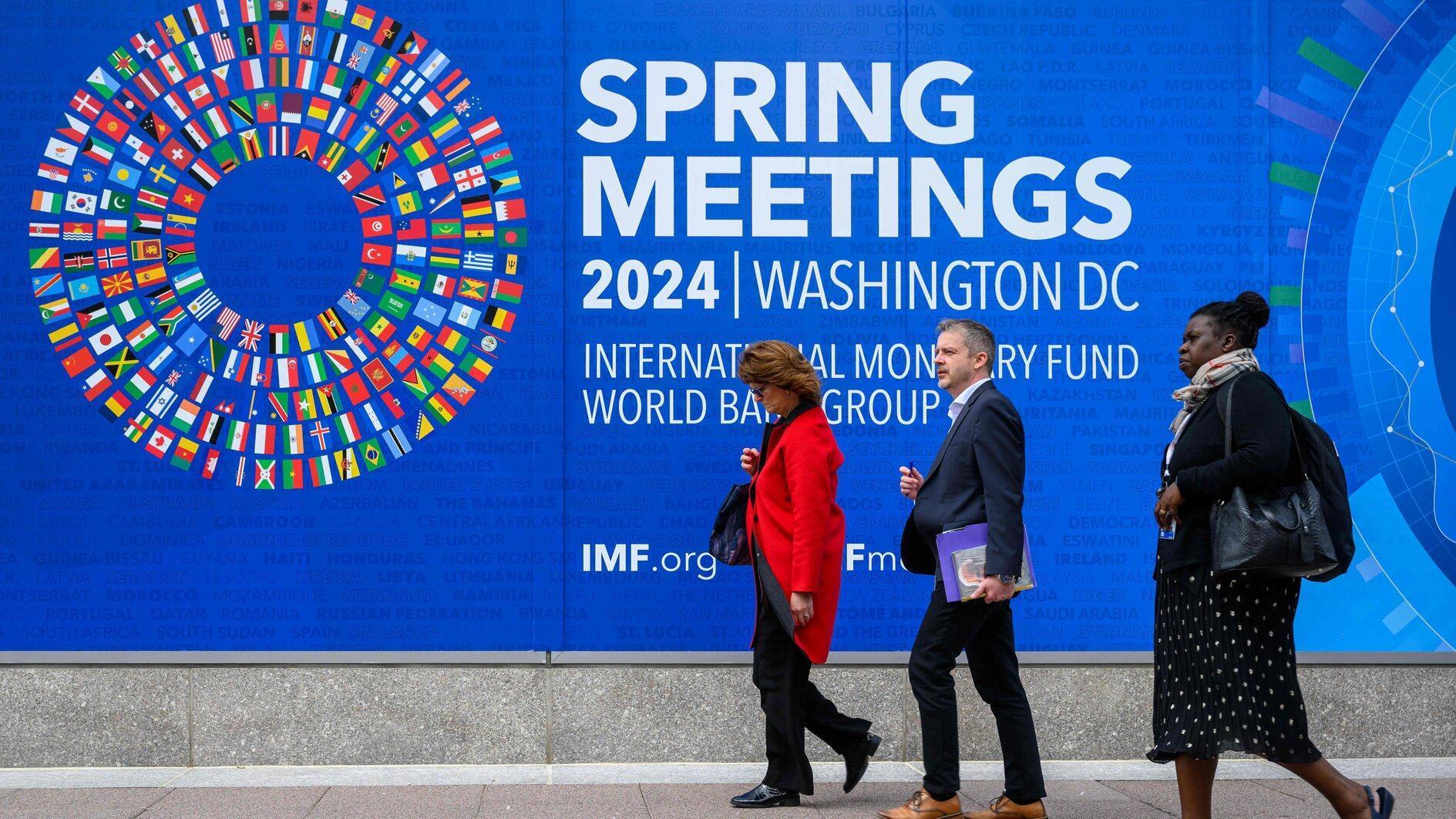Will the “Gezi effect” rehabilitate Turkish democracy?
The dust of the Gezi protests having settled, the AKP government is now facing tough questions and choices ahead. How it reads out the lines will be decisive for the evolution of Turkey’s democracy.
Last week some world-renowned thinkers such as Francis Fukuyama and Slavoj Zizek tried to elaborate on the reasons and dynamics of the recent protests in Turkey, Brazil, Greece, China, the Arab world and elsewhere. They all highlight the rise of a new global middle class which is defined not only by their economic status, but also by their education, occupation and the ownership of assets. Accordingly, the middle class people assign higher value to democracy, individual freedom and tolerance for alternative lifestyles. Despite their local distinctions, they all meet on a recently emerging common ground: They challenge the traditional model of power. These people want to become active participants in the decision-making processes and a new contract to be drafted between the state and themselves. They shake up the old order and question and undermine the authority of their government. And power is on their side since they are now equipped with new tools such as the social media to challenge the state and express their demands. This is why today governments are much more restricted and their authority and power are much less secure.
Alas, representative democracy is not well-equipped to satisfy these people. States fail to meet the rapidly rising expectations of the middle class and this “gap” – coined by Samuel Huntington – triggers people to take action. Hence democracy needs to be urgently rehabilitated and reach beyond mere democratic rituals.
Despite its local and distinct characteristics, the Gezi protests are also characterized by the involvement of the middle class. The demonstrators were mostly young, middle-class and well-educated, seeking more participation in the policy-making processes. And the AKP government seems to have come to terms with this new phenomenon since it seems to be trying to channel the Zeitgeist into a wave of democratization. Having promised to suspend the demolition of Gezi Park and organized a series of workshops to analyze the protests, the government is now enacting a wide reform package. In the last 10 days it conducted the so called “Alevi opening” to improve the democratic rights of the Alevi community in Turkey, set off the peace process on the Kurdish question and amended the 35th article of the Turkish Armed Forces’ Internal Service Code that had been conventionally used to justify military interventions.
“There is a crack in everything. That’s how the light gets in” says Leonard Cohen in one of his songs. Gezi protests have definitely caused a deep crack in the journey of Turkey’s democracy. And it should only and solely serve to let more light in.











